
PEER TO PEER CONSUMER CREDIT LICENSE. P2P LENDING PLATFORM OPERATOR LICENSING
Peer-to-Peer (P2P) platforms help lenders to find consumers who need financing. P2P license issued by the EU member-state regulator.
Peer to Peer lending platforms allow lenders to find their consumers avoiding traditional banking institutions. Consumers around Europe consider P2P lending as the modern alternative to traditional bank financing, especially in the field of smaller consumer credit. Through the P2P lending platform investors provide or promise to grant consumer credit to consumer credit recipients (private individuals). Lenders in P2P platforms may expect higher interest compared to bank deposits or other traditional financial instruments. For similar business financing, Crowdfunding Platform Operator license is necessary.
Fast and easy licensing, business-oriented regulation
The latest amendments to the Lithuanian Consumer Credit regulation allow fast and easy licensing of P2P lending platforms to make them ready to provide services for the lenders looking for investments and retail clients looking for financing. It takes a bit more than 1 month (30 working days) to be included in the list of Peer to Peer platform operators. The Bank of Lithuania (Regulator) is currently considered to be one of the most business-oriented and progressive regulators in the European Union (EU/EEA).
Passporting of Peer to Peer (P2P) and Consumer Credit licenses in the EU
Peer to Peer platform operator’s license issued by the Bank of Lithuania, the financial regulator of the EU member state. Pan-European passporting of Peer to Peer and Consumer Credit services within the EU/EEA can be achieved by combining the license with Electronic Money Institution, Payment Institution, or another passportable license.
The list of the licensing documentation submitted to the Regulator for P2P licensing
1. A written request.
2. Information from the public register on the applicant’s company data.
3. Information on managers and shareholders.
4. Information on compliance to the authorized capital.
5. Business continuity plan (Business plan).
6. Rules for assessment of the consumer credit recipient’s creditworthiness.
7. Information regarding the records and information systems used to determine the credit recipients’ creditworthiness.
8. The list of intermediaries who act on behalf of the company, if the company plans to use the services of consumer credit intermediaries.
Business Continuity Plan and Rules for Assessing the Creditworthiness of Borrowers are the most complex documentation to be prepared during the licensing procedure. The plan should provide measures and procedures ensuring that the activities of Consumer Credit Providers are carried out continuously, without interruption, by ensuring a smooth administration of the Consumer Credit contracts and continuing fulfillment of contractual obligations in the cases of unforeseen circumstances. Being the most experienced financial licensing advisor, ECOVIS ProventusLaw assists in the preparation of the Business Continuity Plan, other licensing documentation, accounting, reporting, audit, and setting up all Peer to Peer platform operators’ business.
News
Knowledge without experience is of little use. Therefore we are proud of having our own valuable experience to share with you.


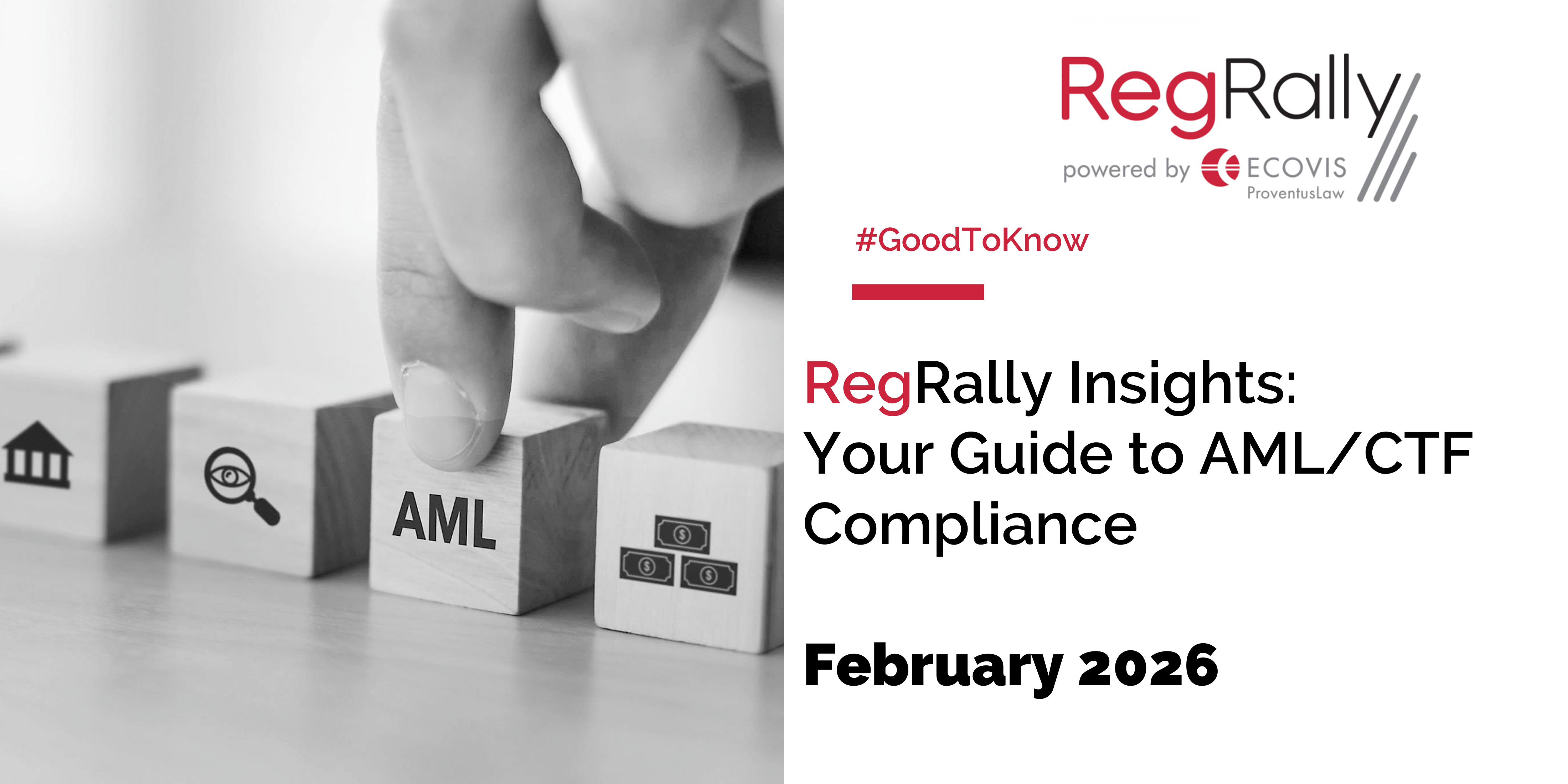
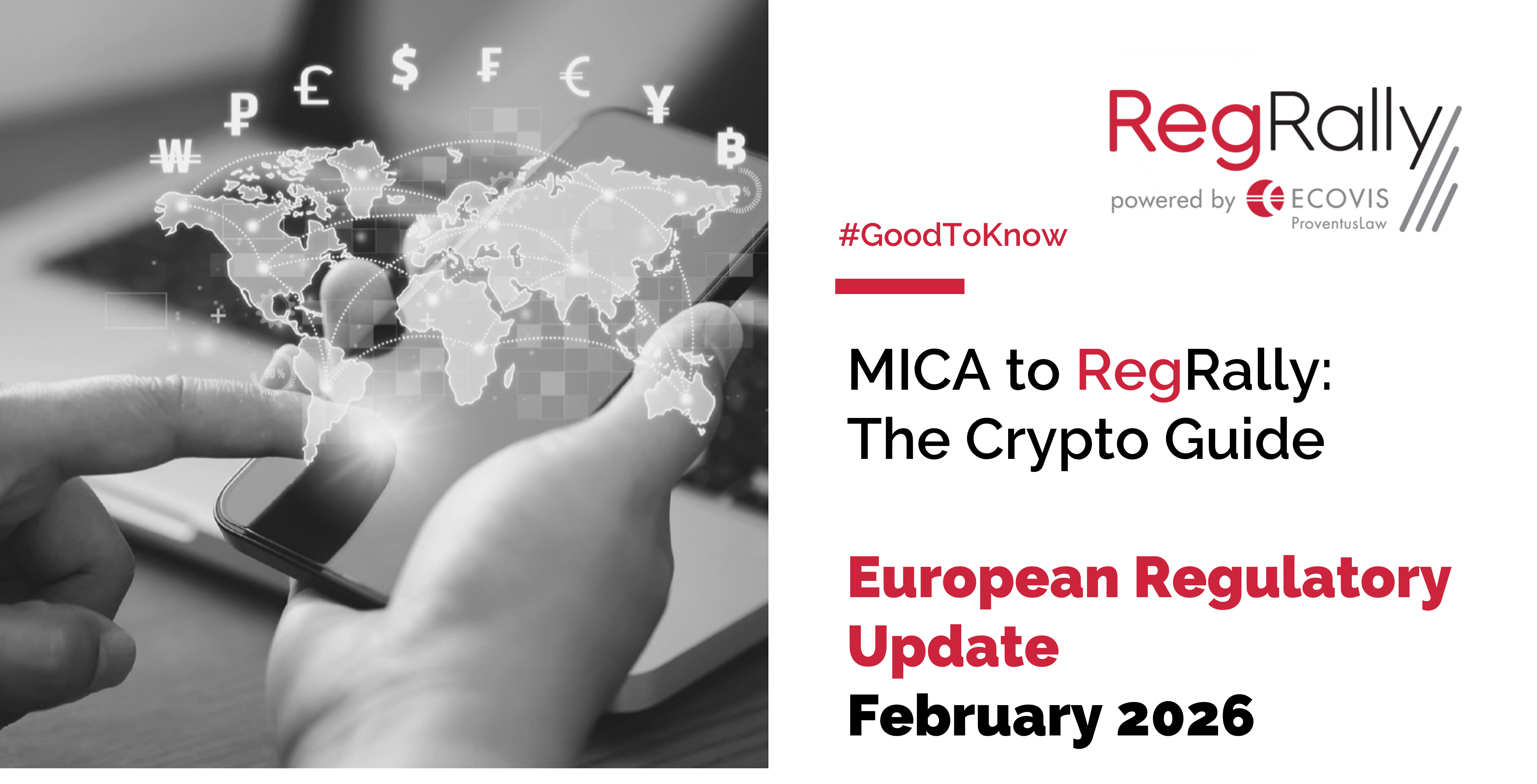


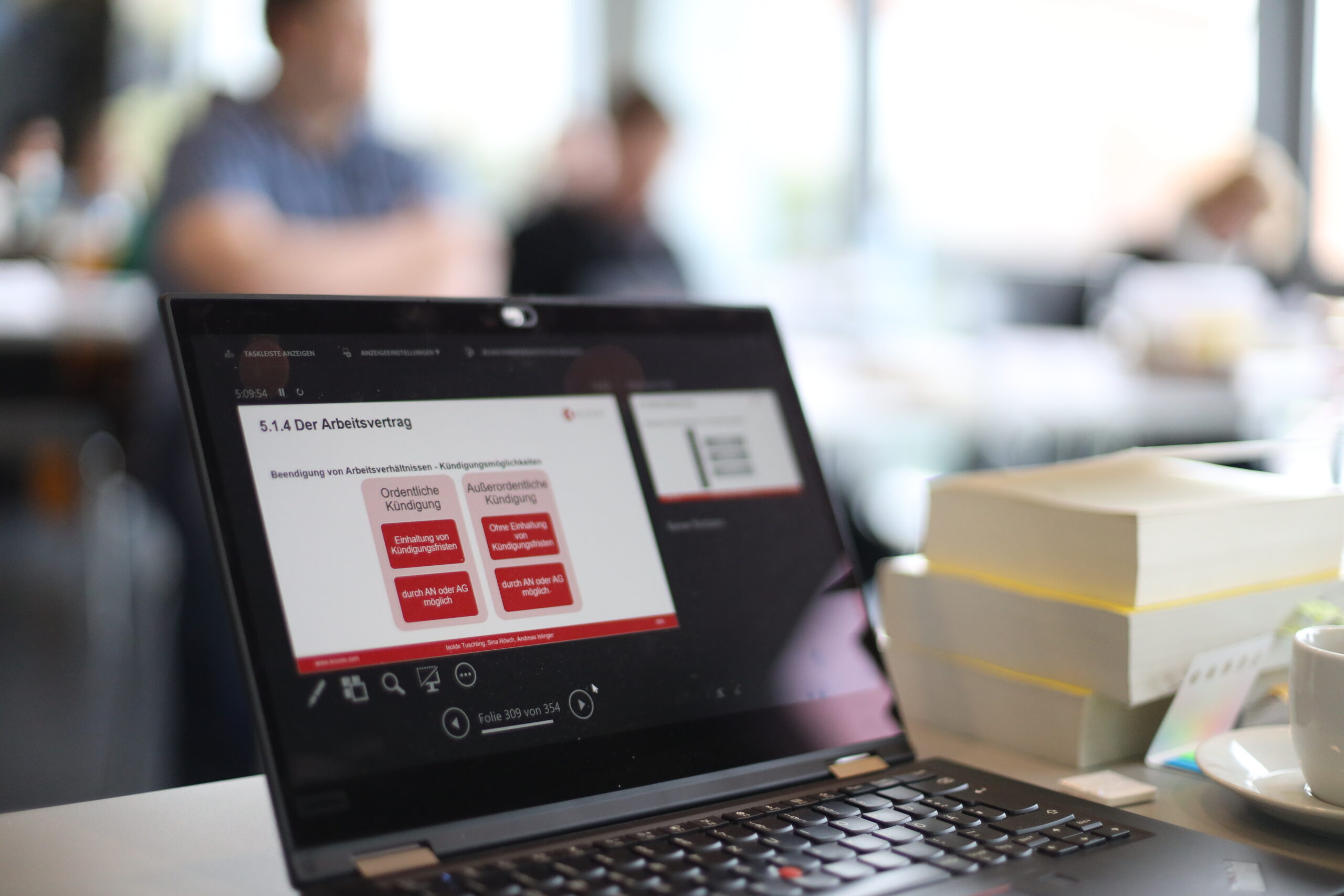

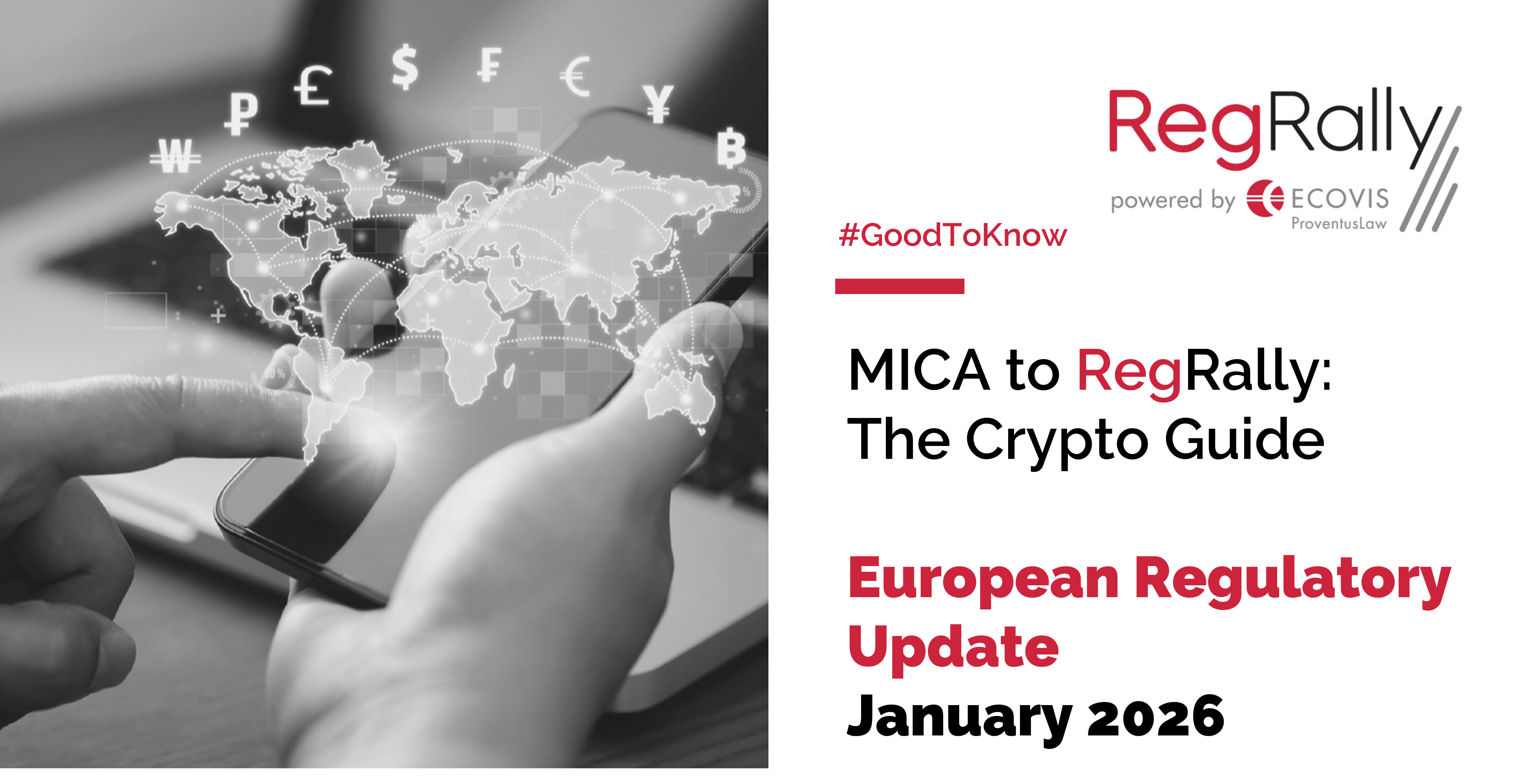

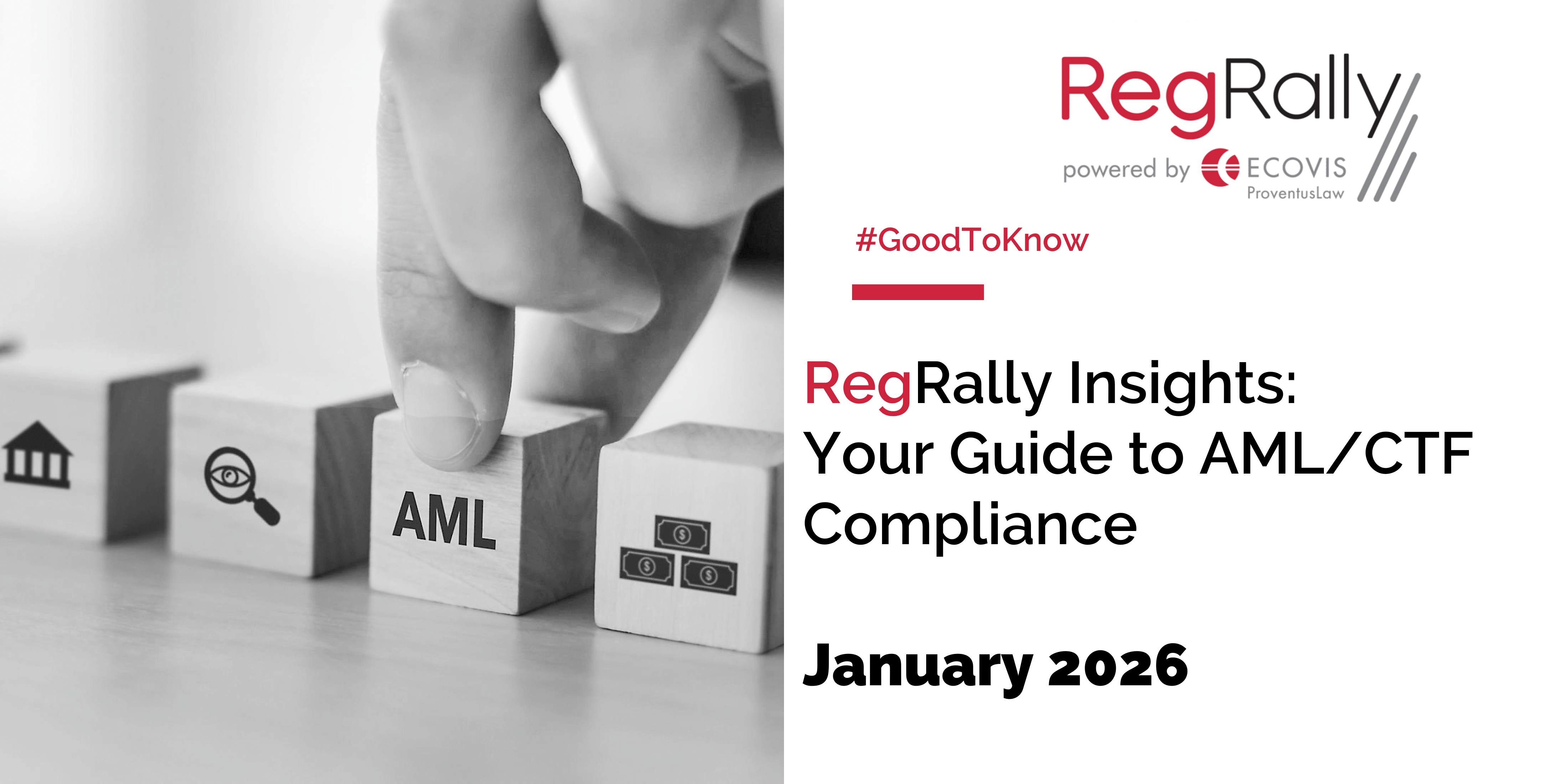
 Newsletter Subscription
Newsletter Subscription